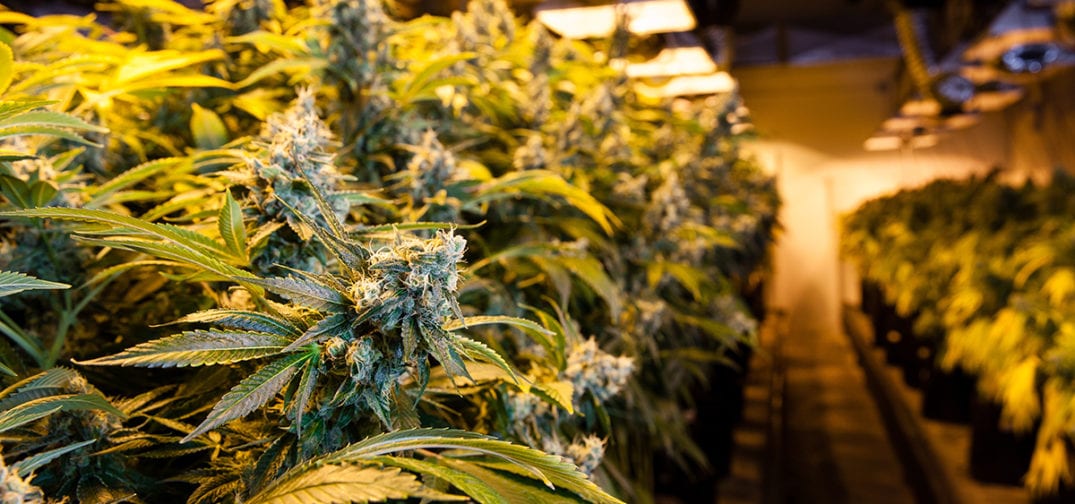Under an Arizona bill approved last year to test medical cannabis products before they hit dispensary shelves, a 12-member panel will determine which chemicals can be used in the industry. The bill sponsor, however, calls the plan akin to “the fox watching the hen house” as six of the panel members are medical cannabis business representatives, Arizona Capitol Times reports.
Majority Whip Sonny Borrelli (R) said he would prefer an outright ban on some chemicals rather than leaving it up to the panel – which, in addition to the six industry members, includes the owner of an Arizona-based cannabis testing laboratory, a patient, a caregiver, a lab scientist, a health care provider, and a representative from the state Department of Public Safety.
Borrelli has set his sights on the fungicide Eagle 20, which he said is prohibited on tobacco and a “heavy carcinogen” but is allowed to be used on cannabis cultivation in the state under the current regime. Borrelli has introduced a bill that would specifically ban the use of any pesticide except for those that the Federal Insecticide, Fungicide and Rodenticide Act says are benign and require no regulation at all: castor oil, cinnamon oil, garlic, lemongrass oil, rosemary, sesame, and white pepper.
“Suppose that board that we put together this year comes up and says, ‘Well, you’re allowed to use Eagle 20 (in) a certain amount?’ … That anti-fungal pesticides are necessary because all these growth facilities are indoors. So they want to be able to mitigate the mold that’s being put on the marijuana.” – Borrelli, to the Capitol Times
Pele Peacock Fischer, lobbyist for the Arizona Dispensaries Association, said that while the organization is “looking to put together a testing regime that is extremely safe for patients” they are also trying to find a balance “that works in the industry so the labs can meet the demand, [and] dispensaries can make it.”
Additionally, Fischer said even if the panel were to approve a pesticide that could be potentially harmful, the Department of Health Services has the final say in what is – or isn’t – approved.
The testing program is expected to start no later than November 1, 2020.
Get daily cannabis business news updates. Subscribe
End
